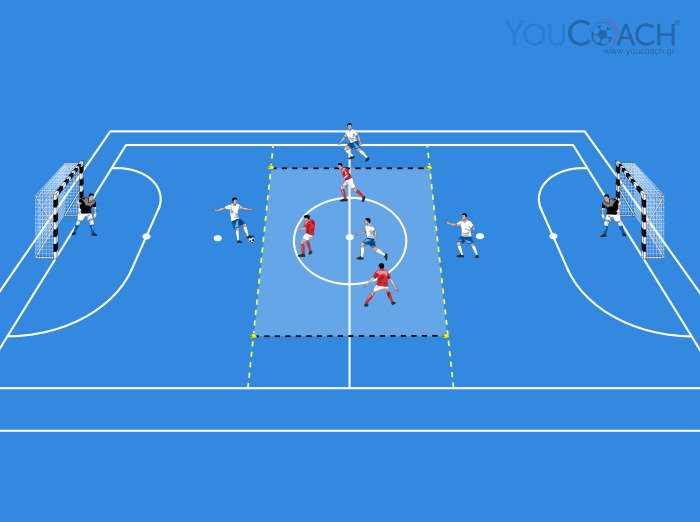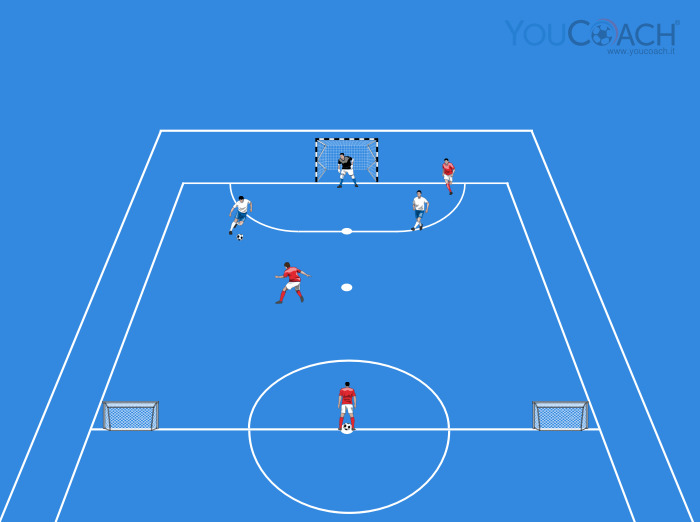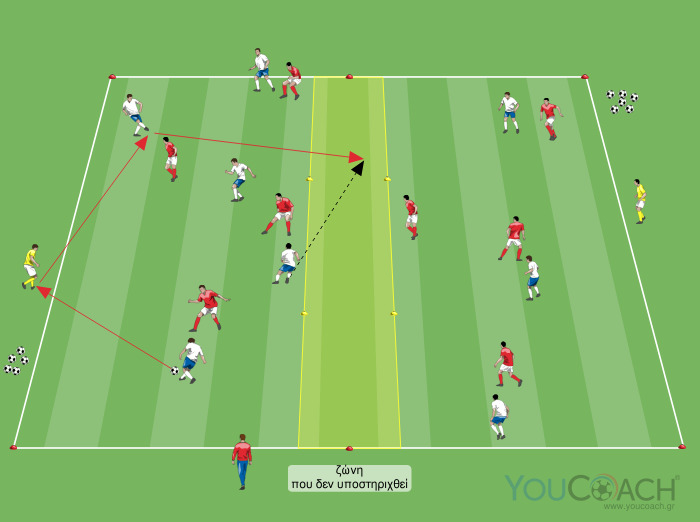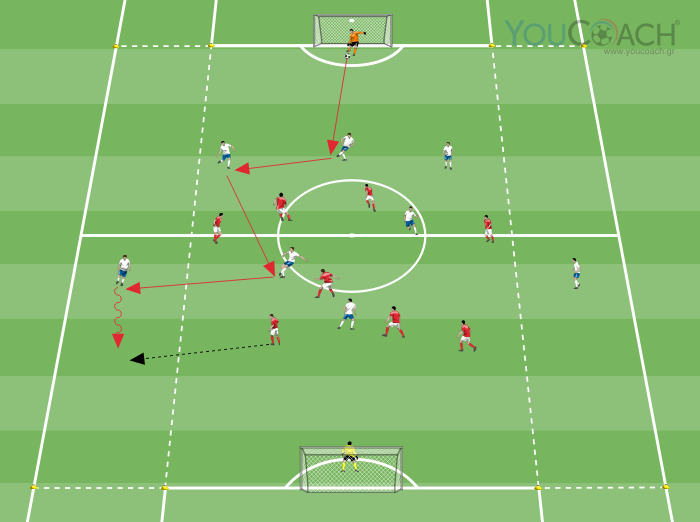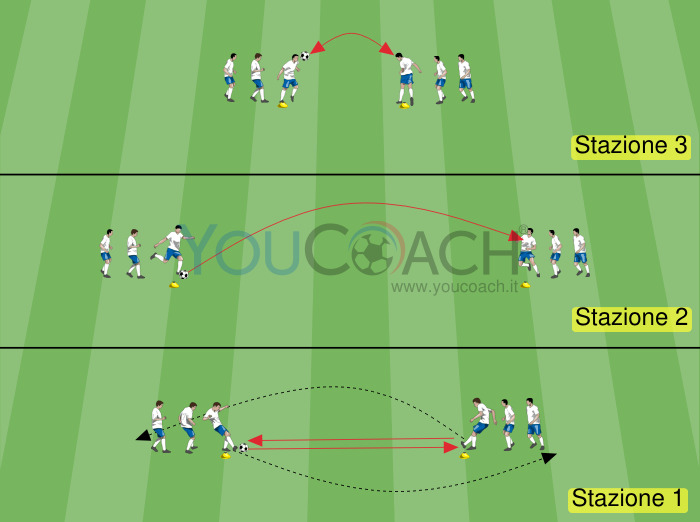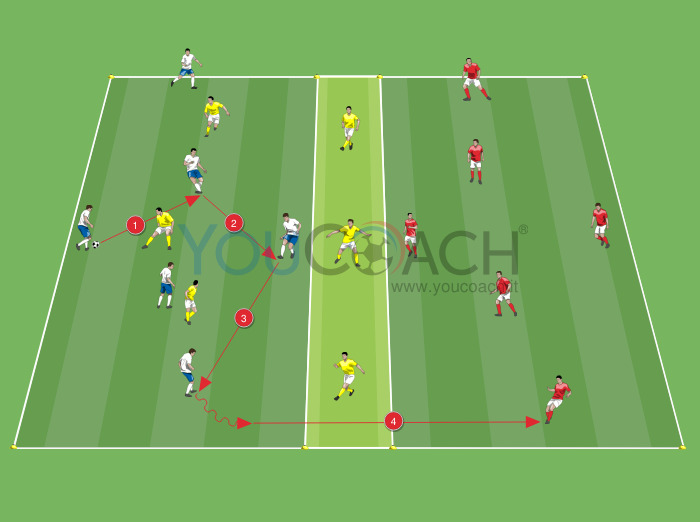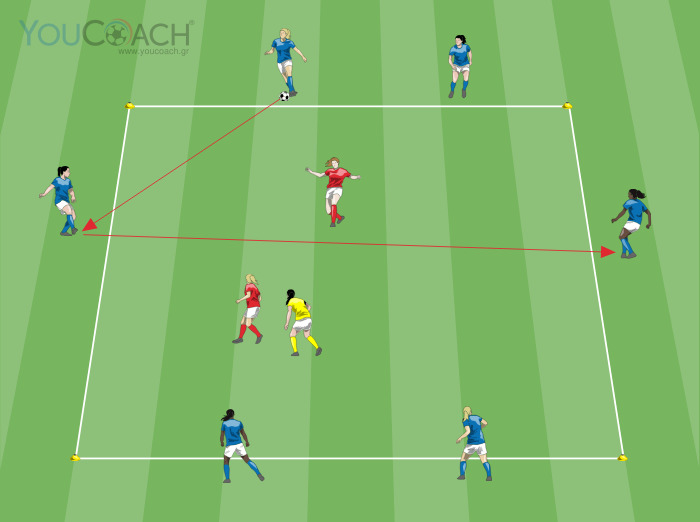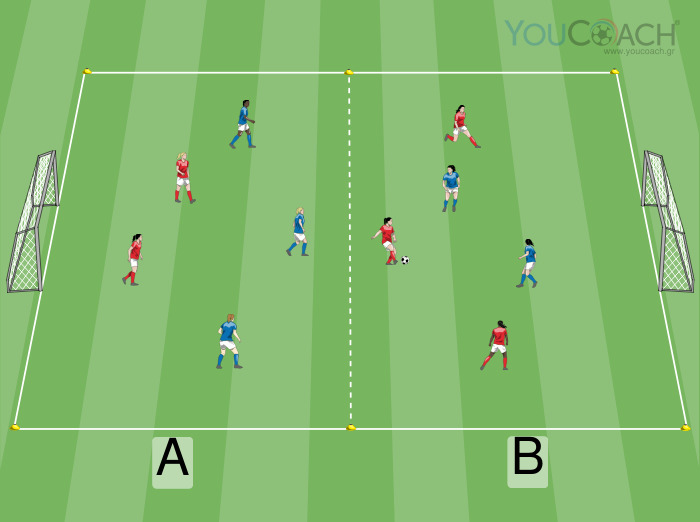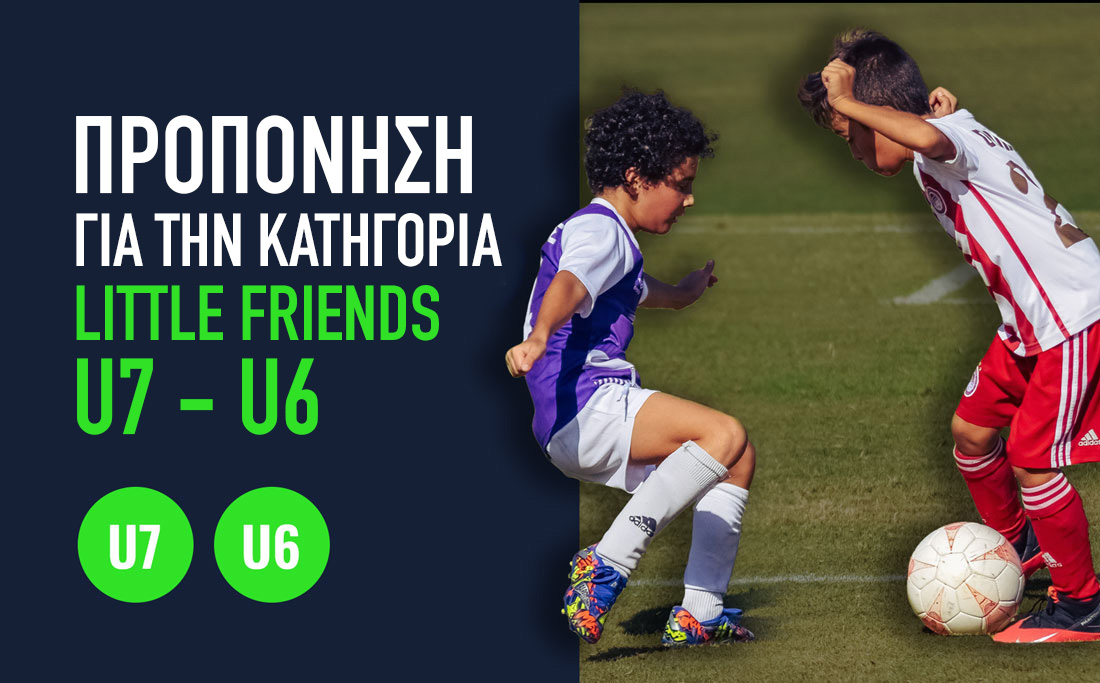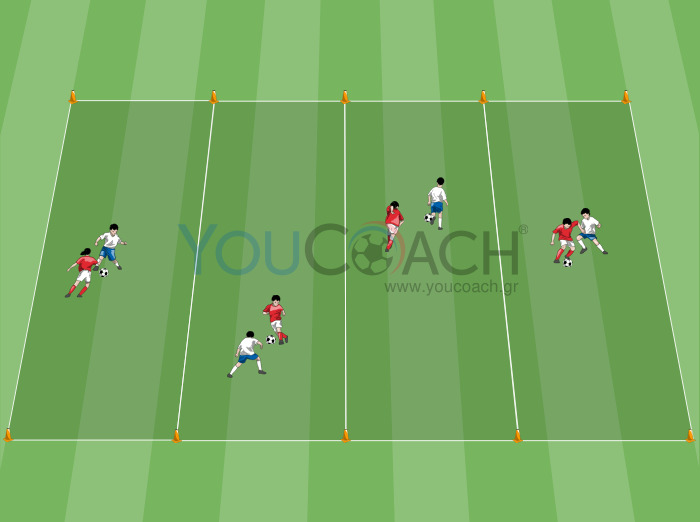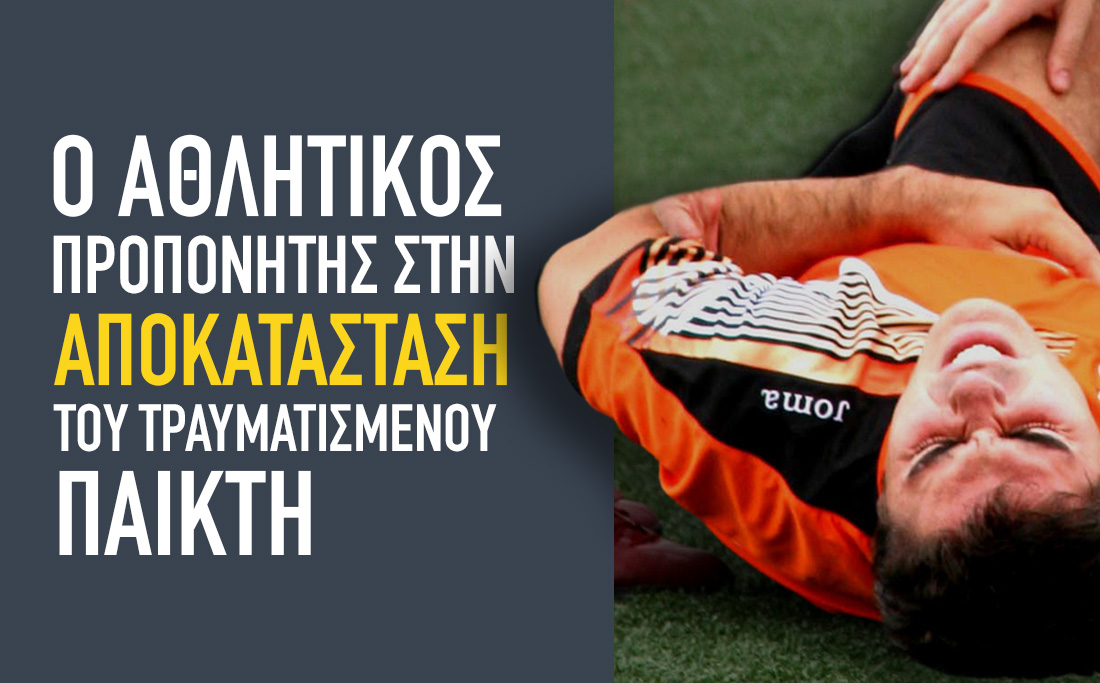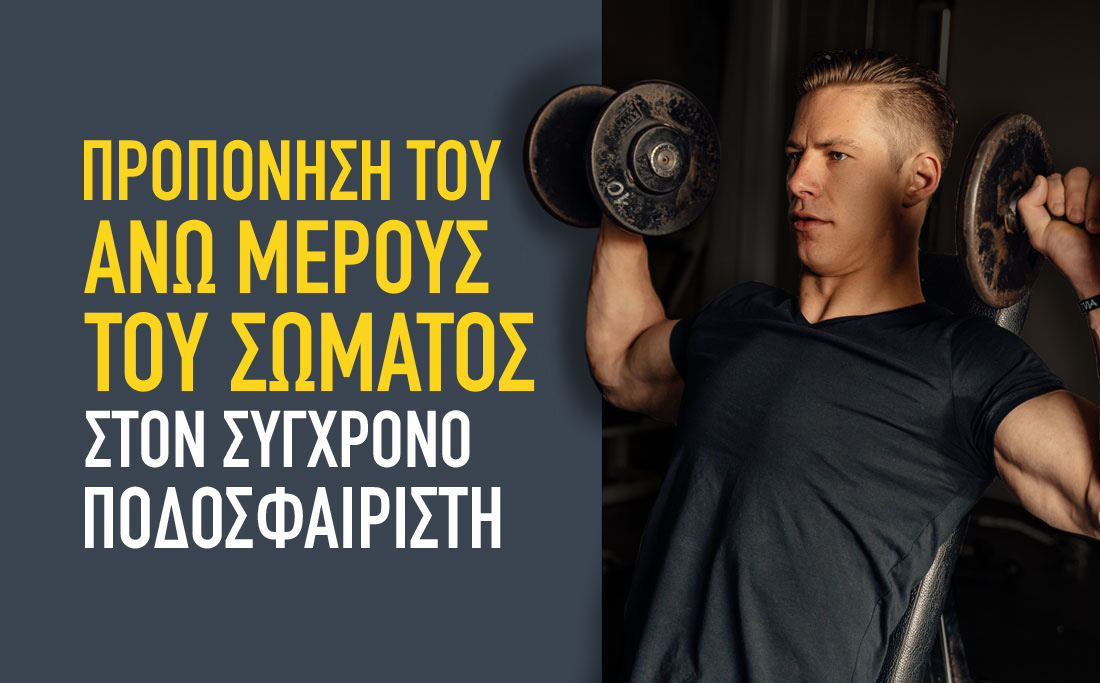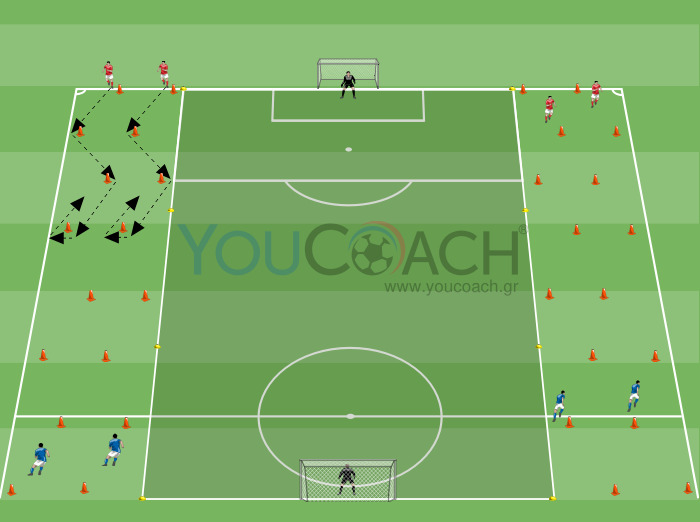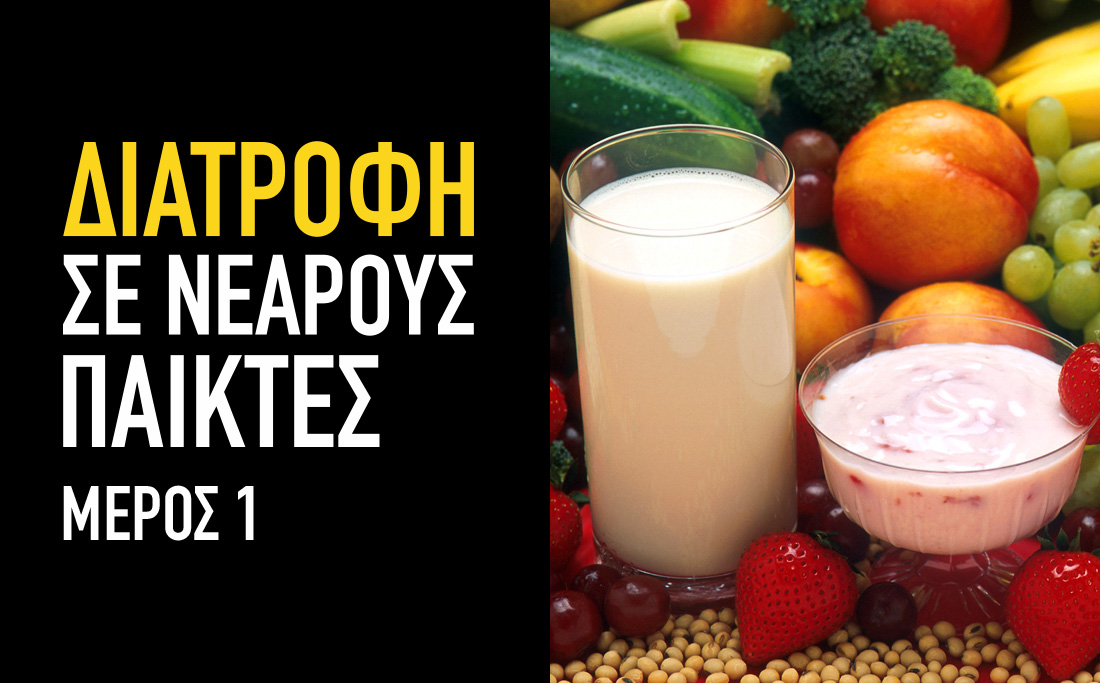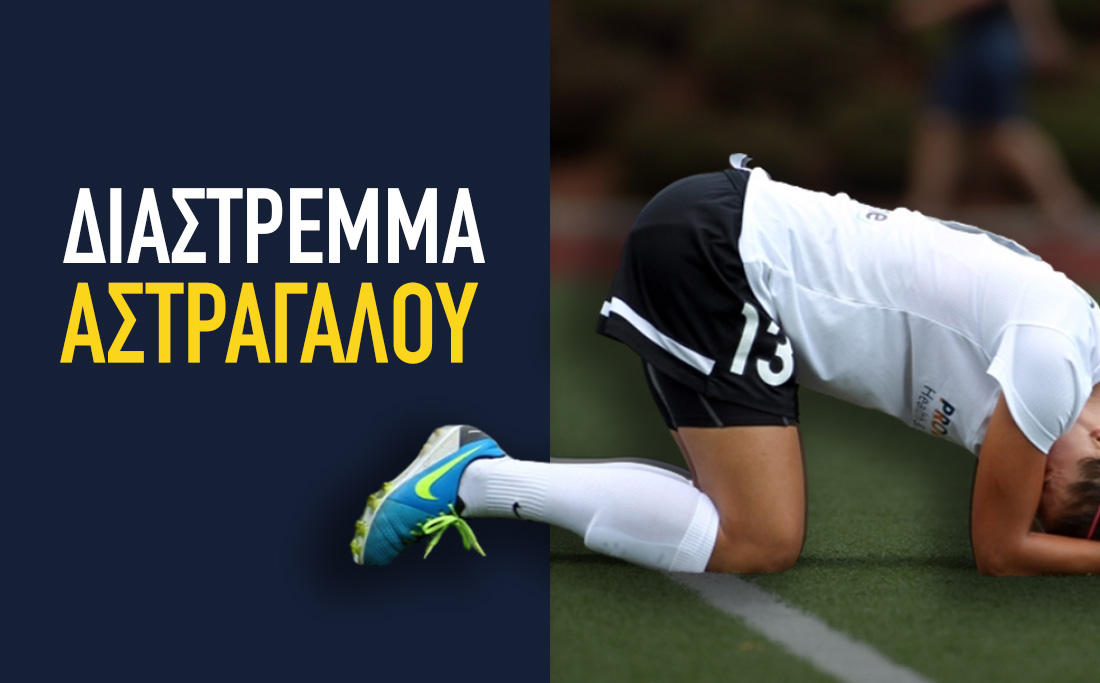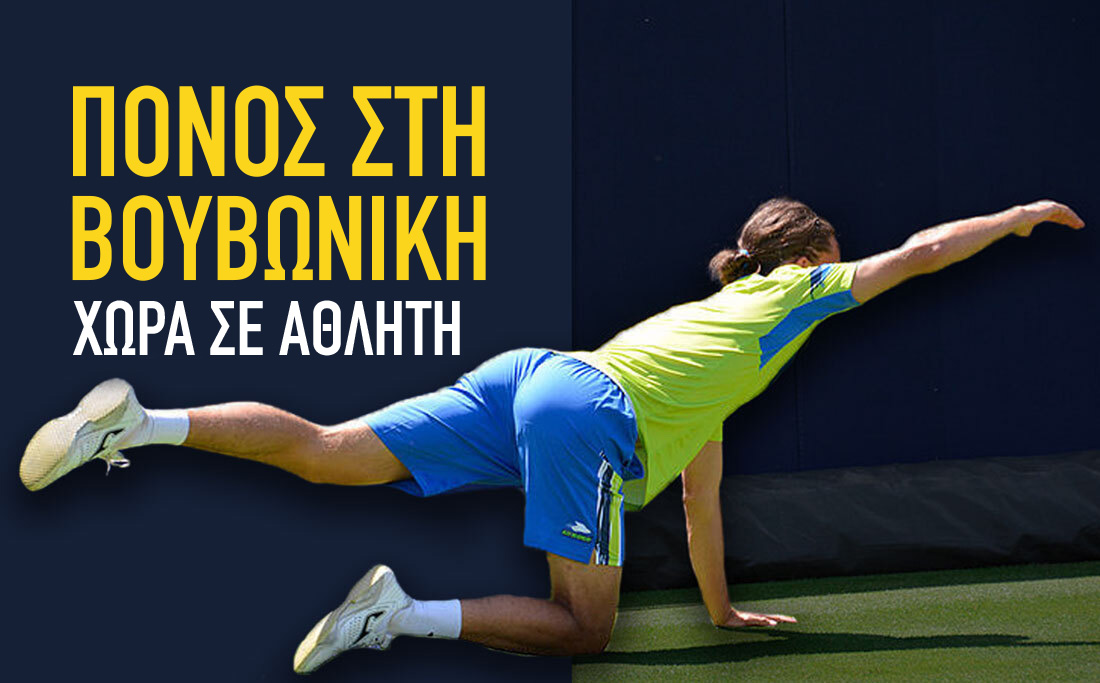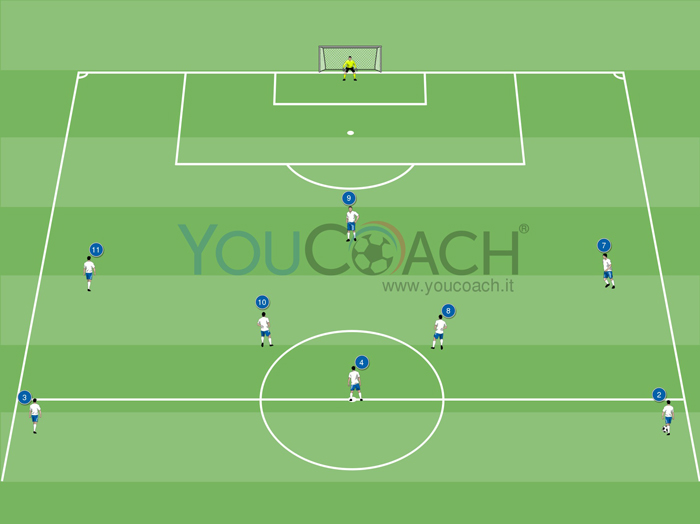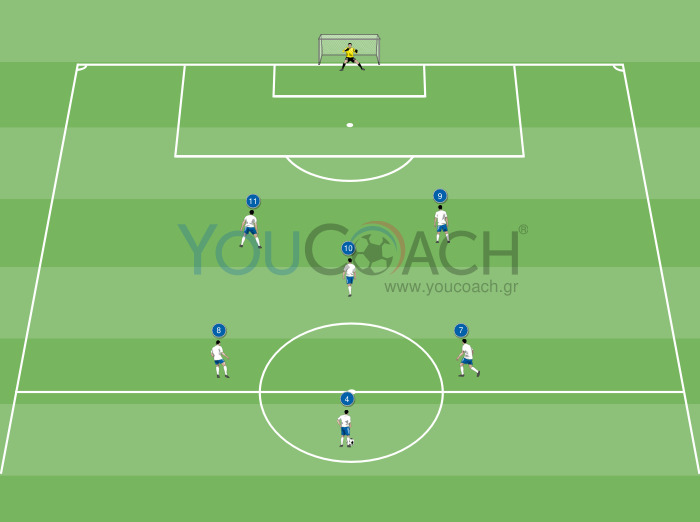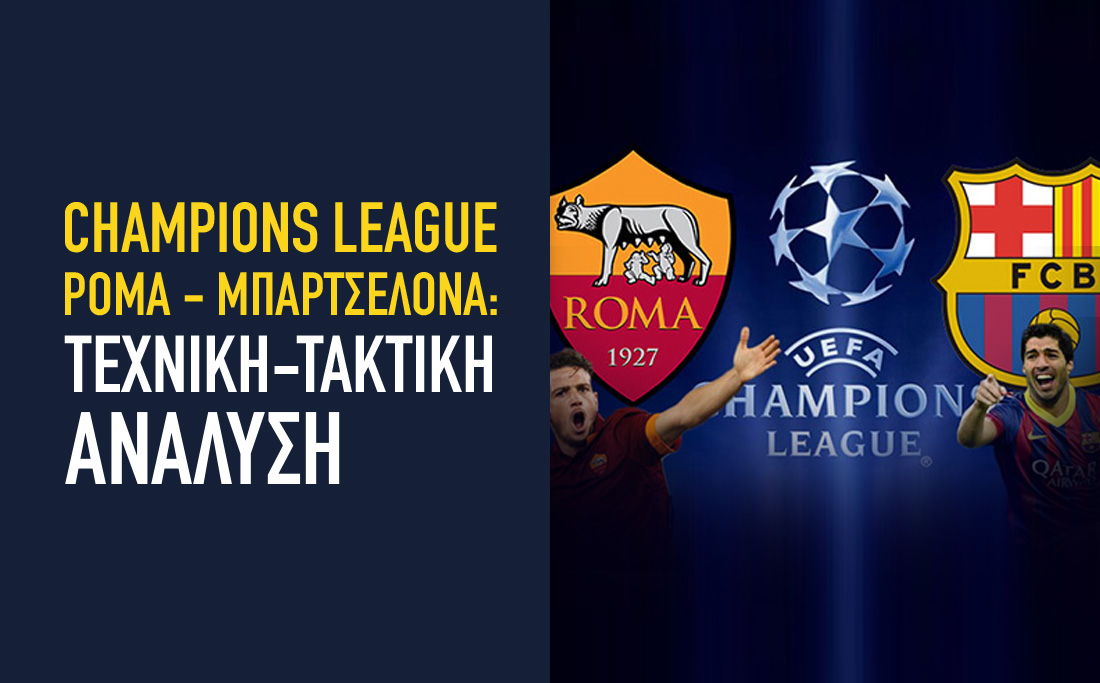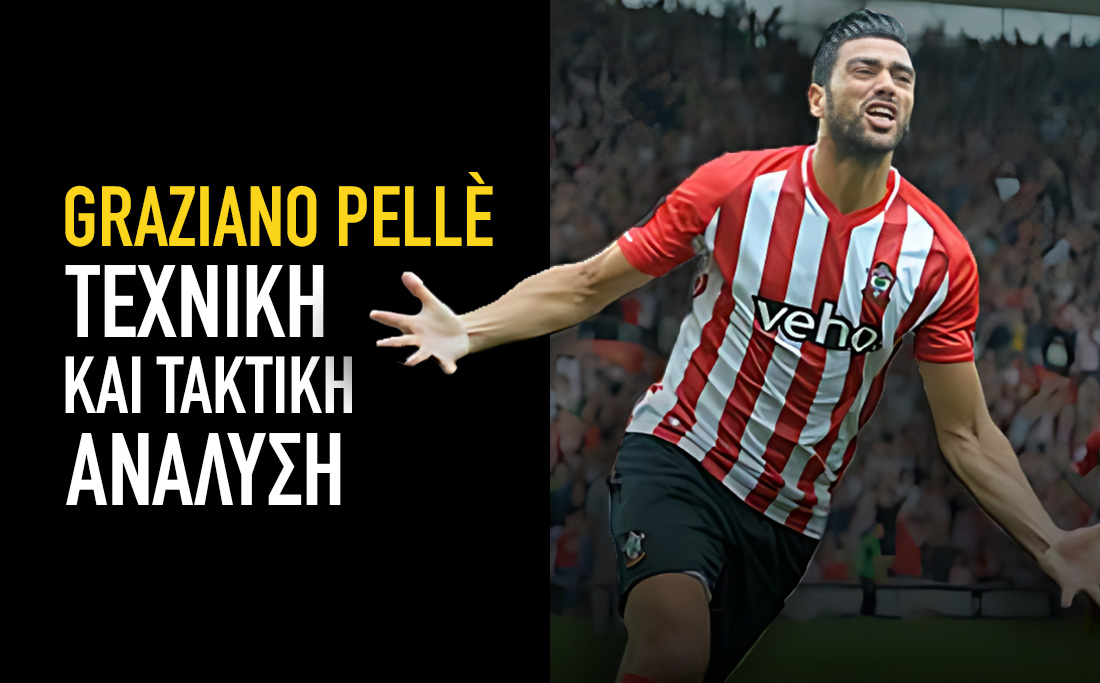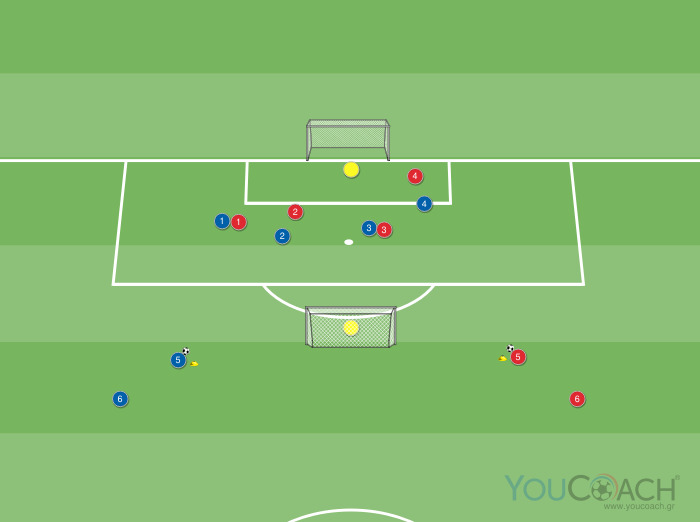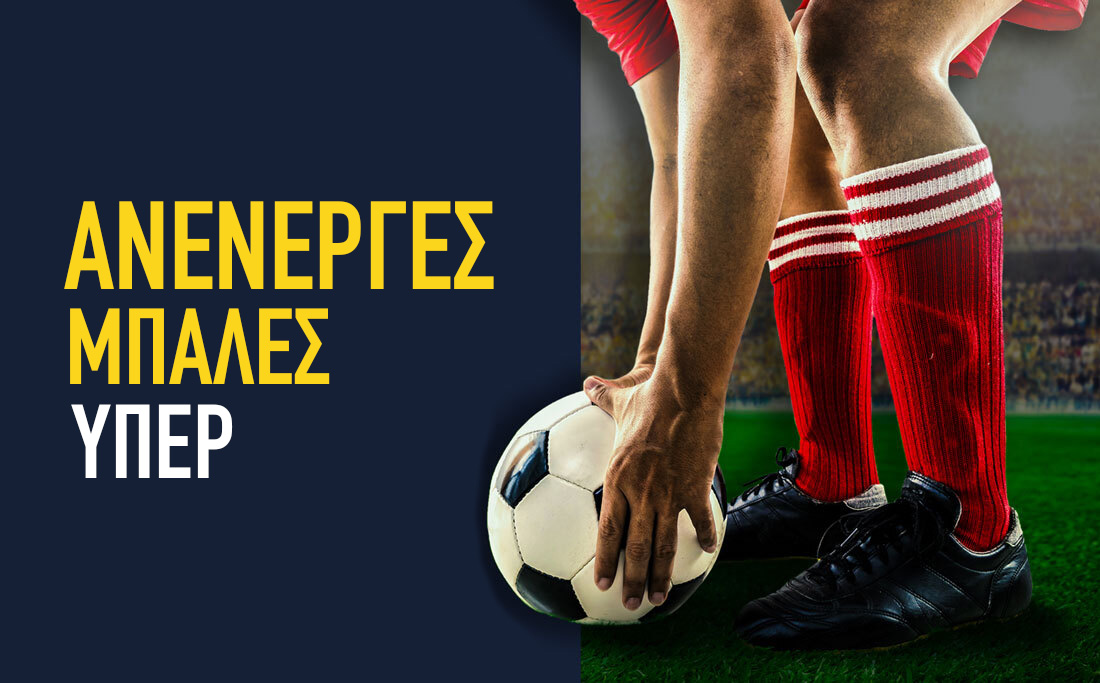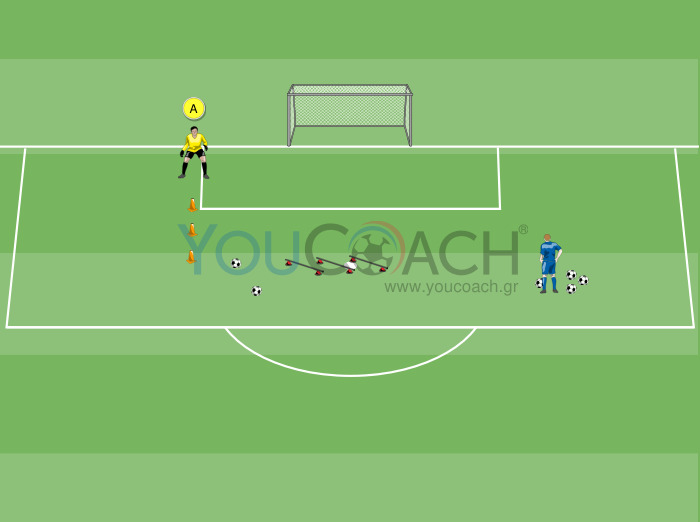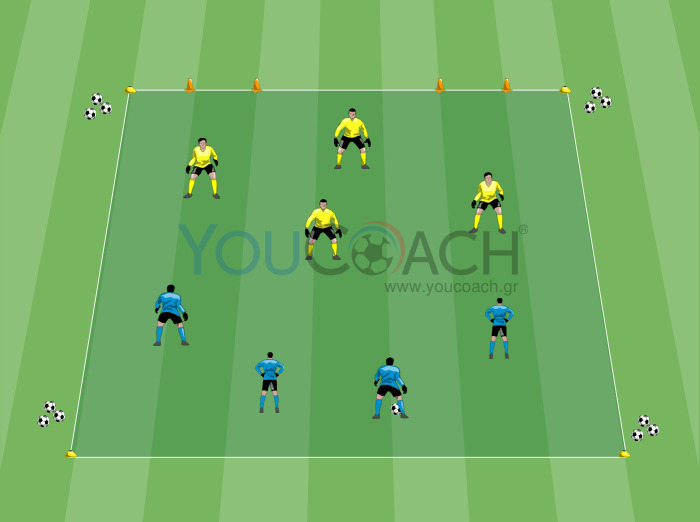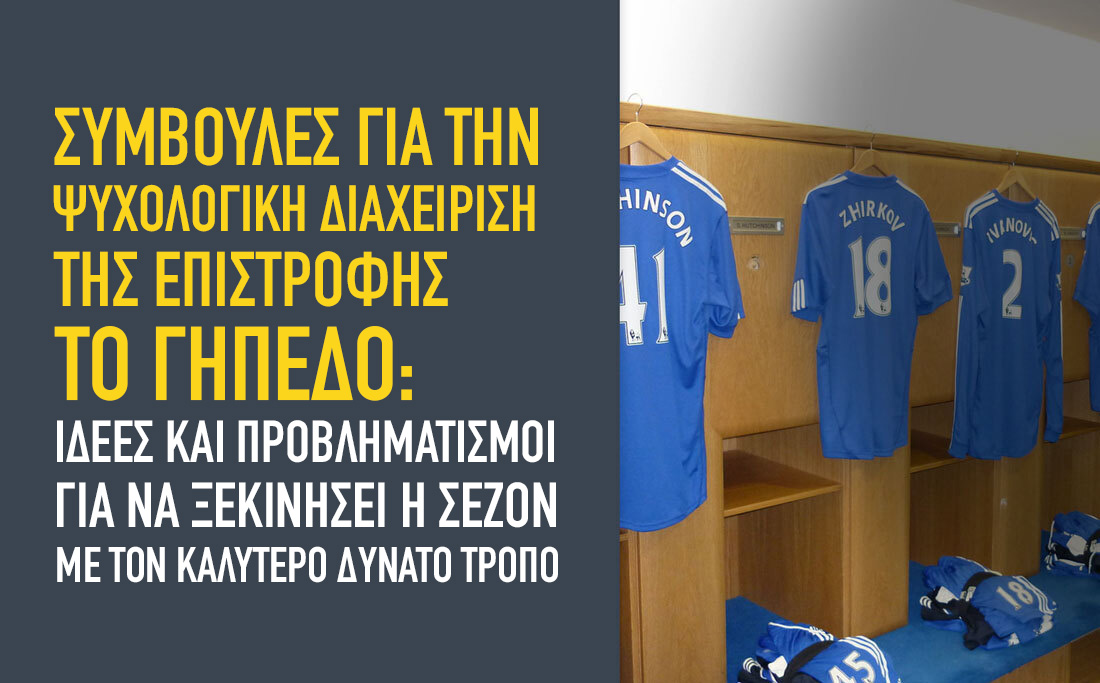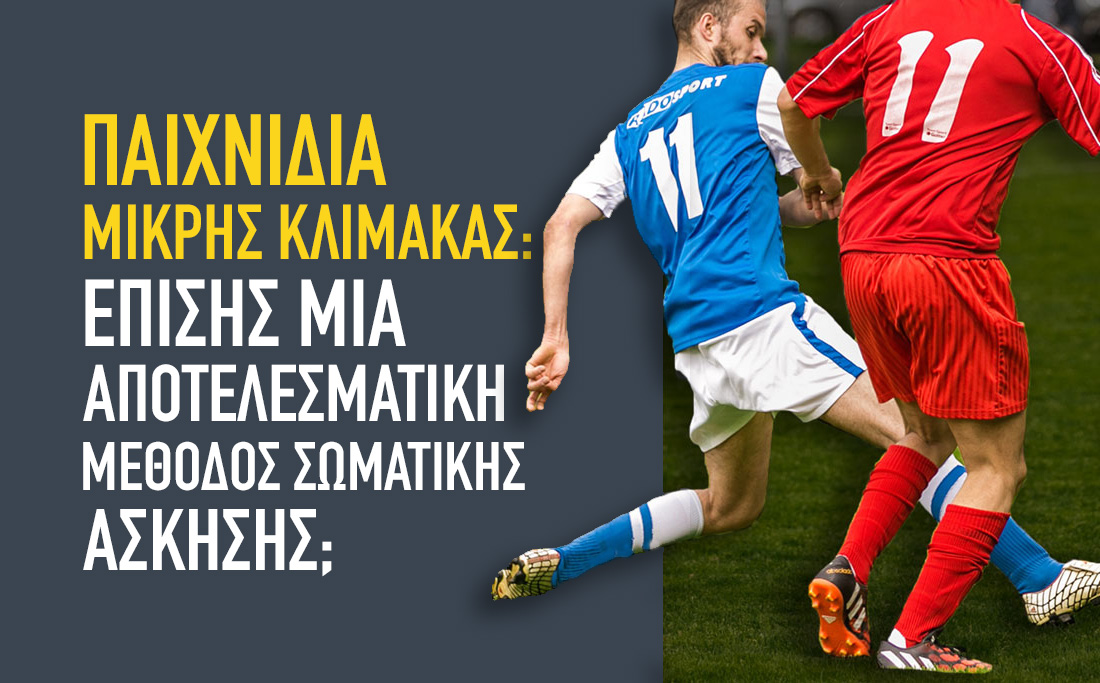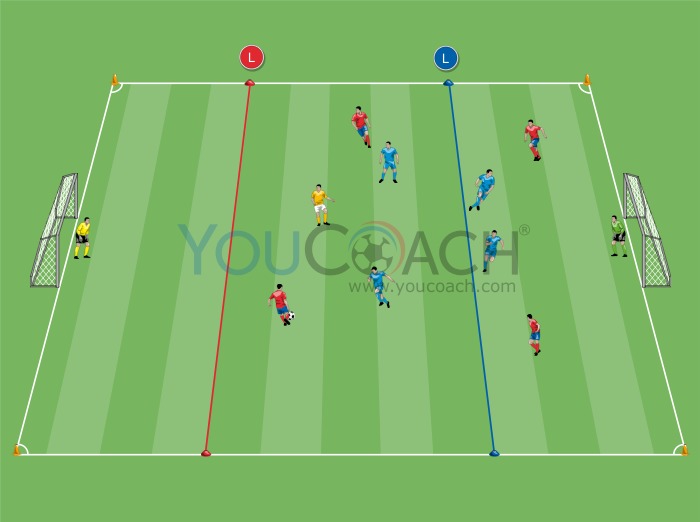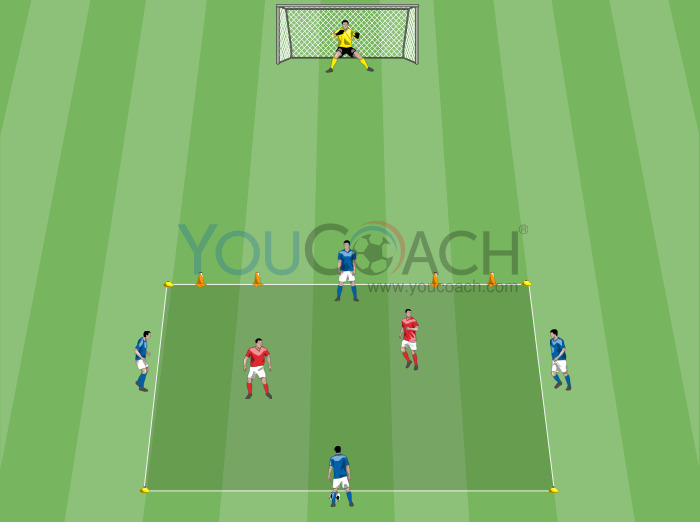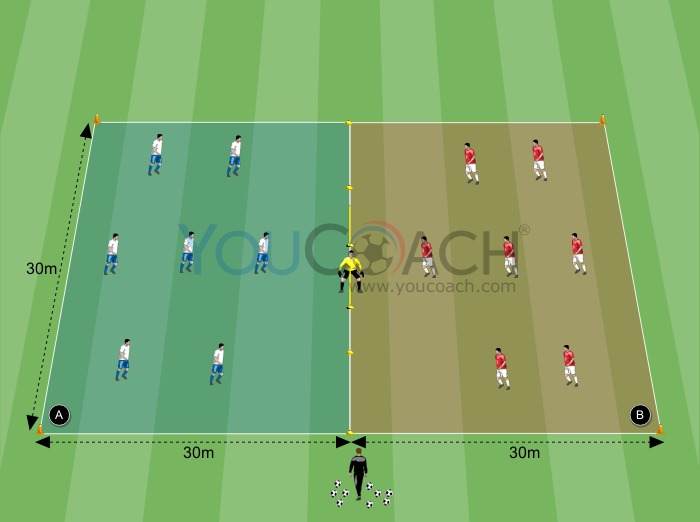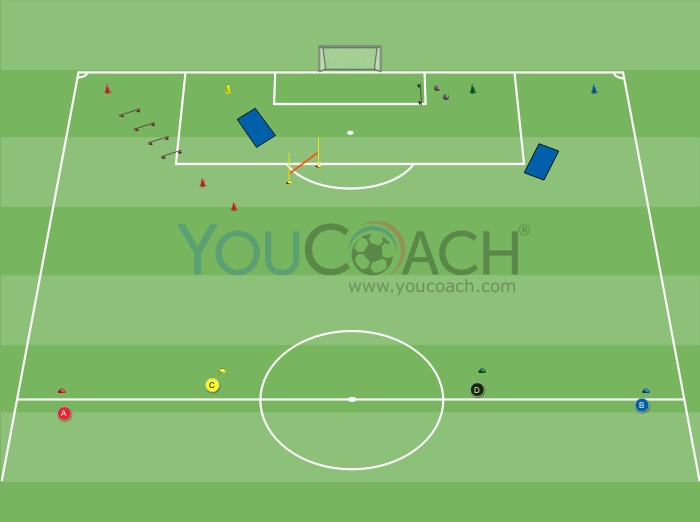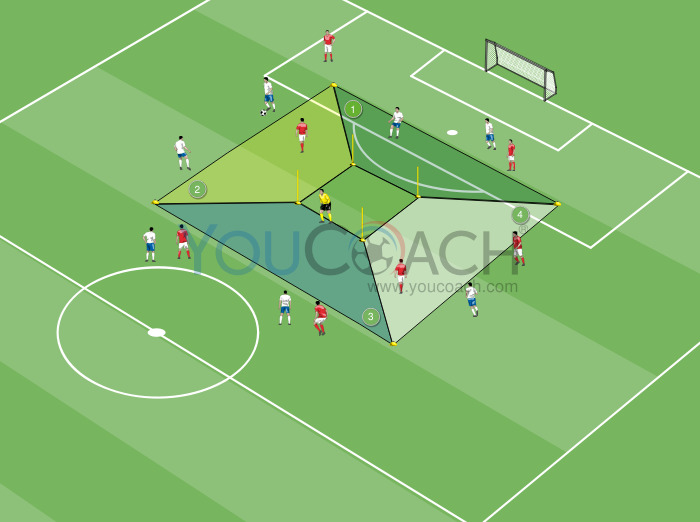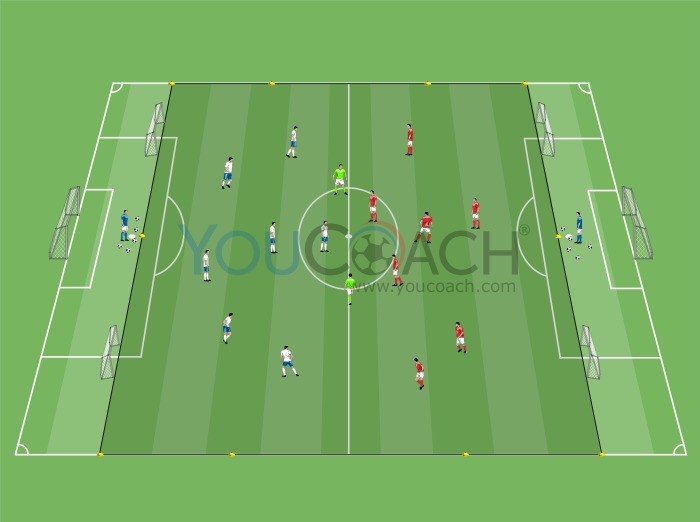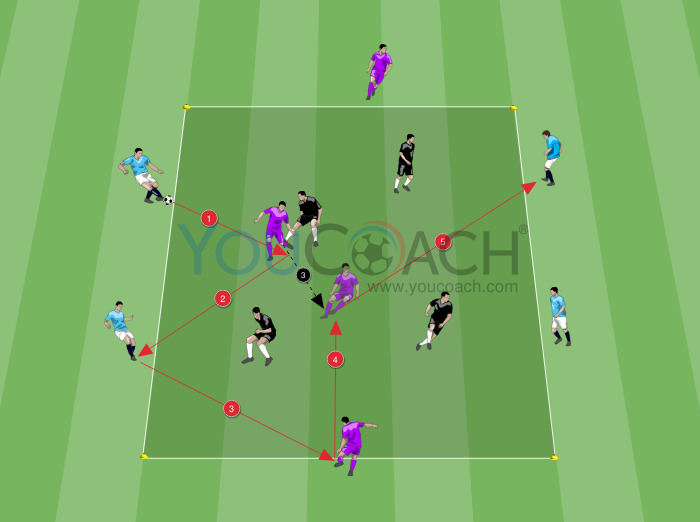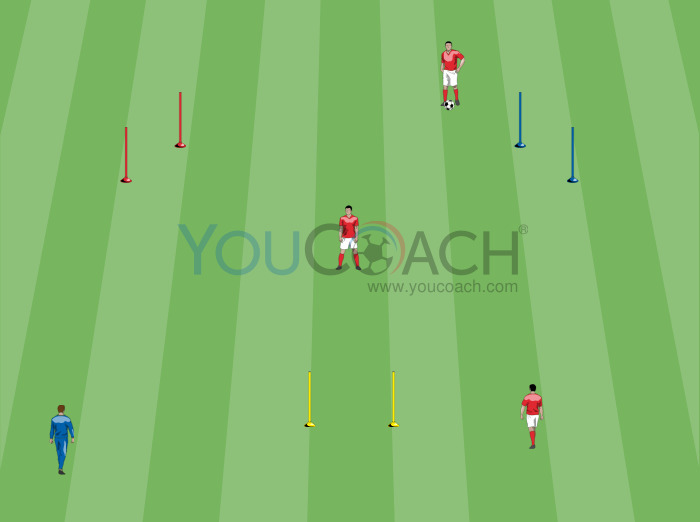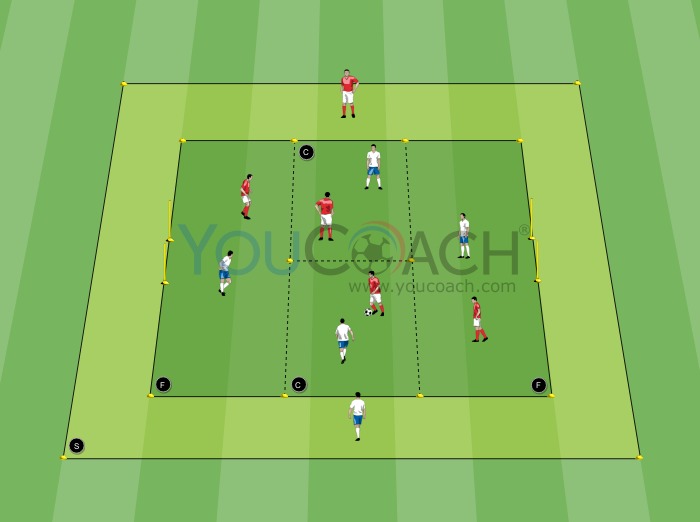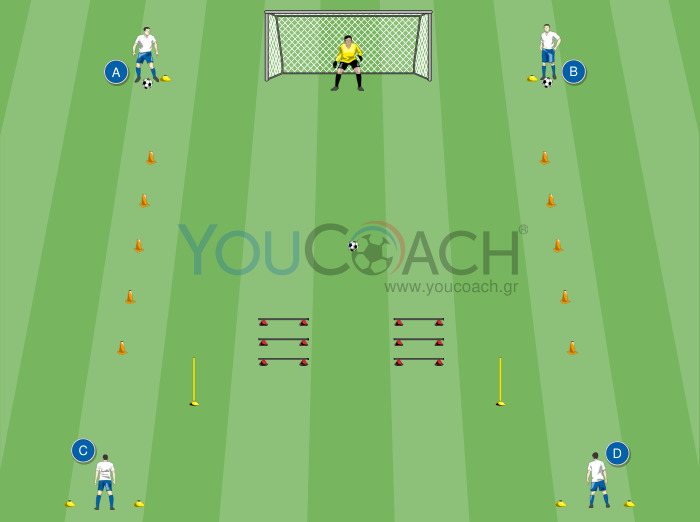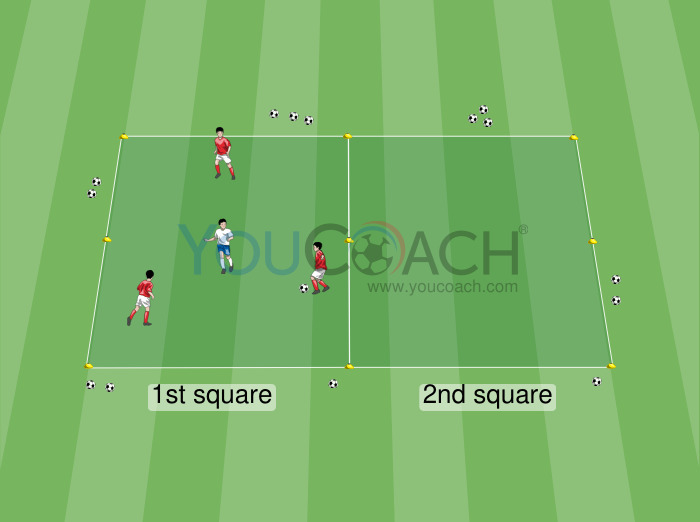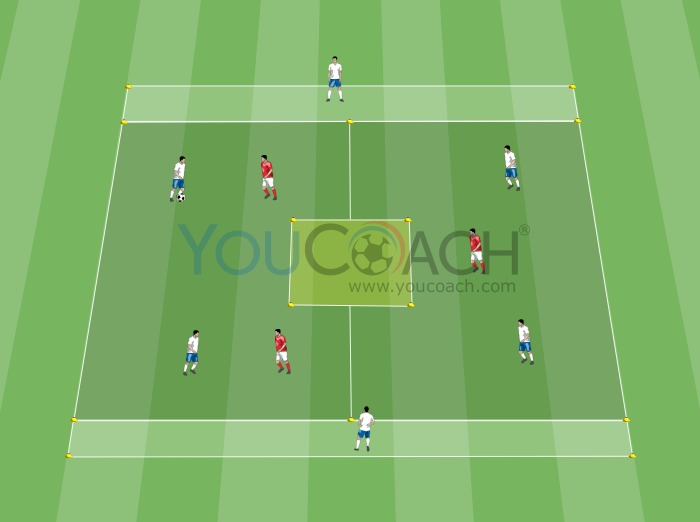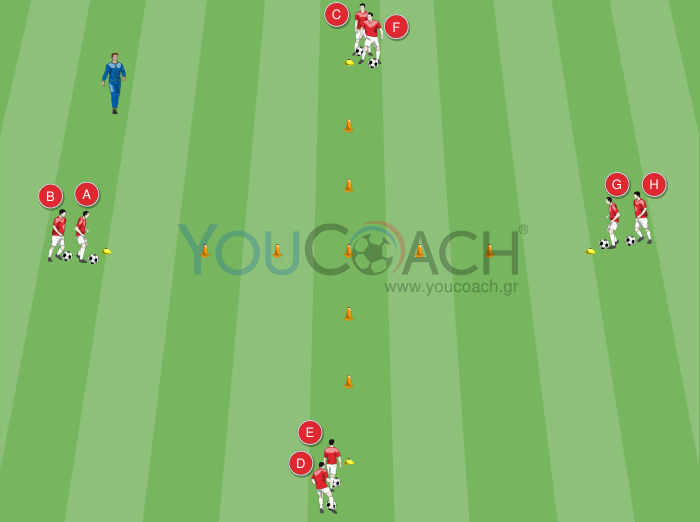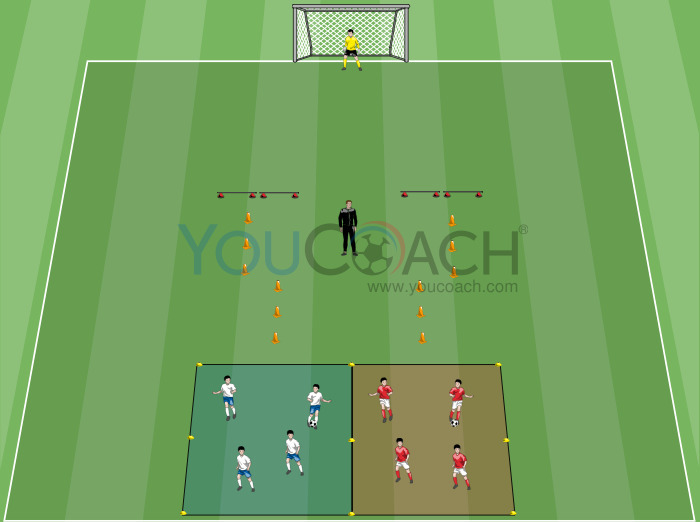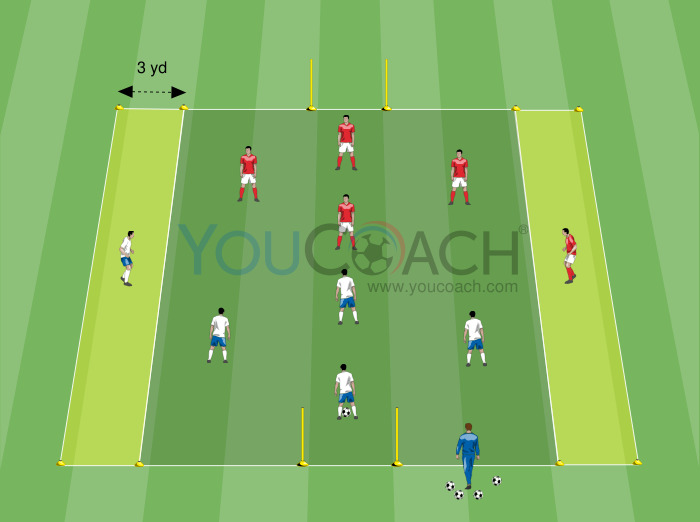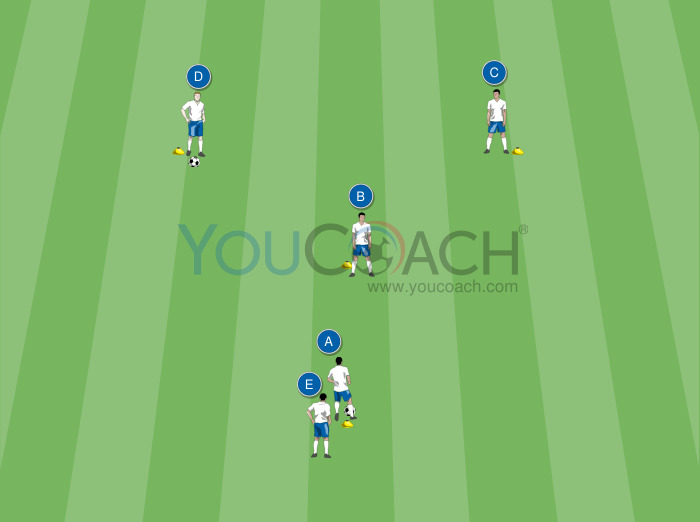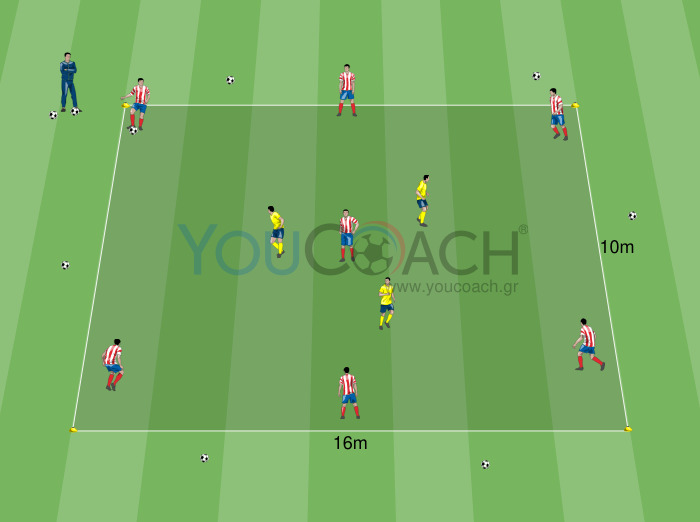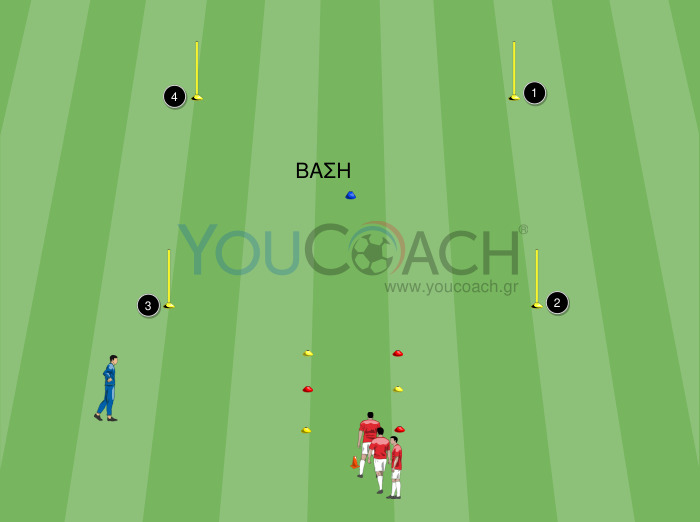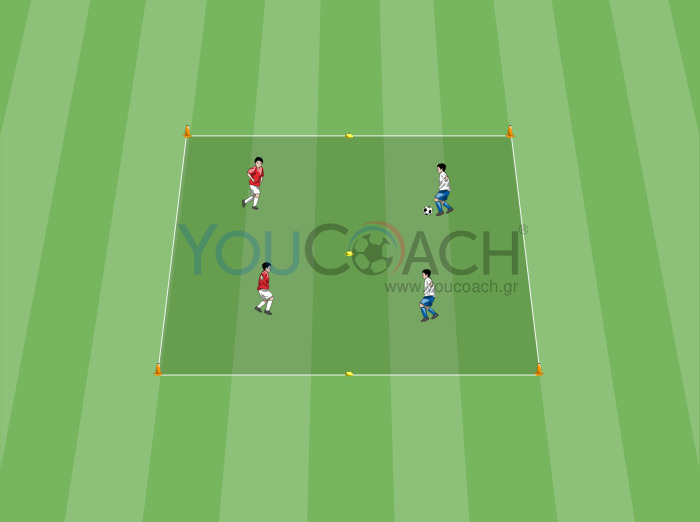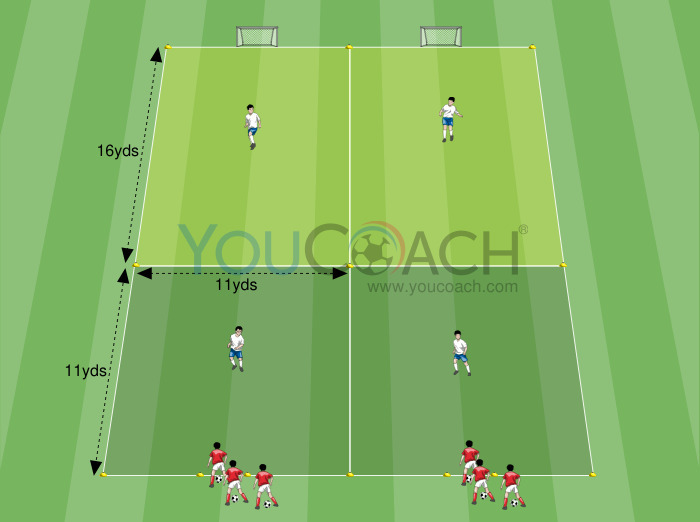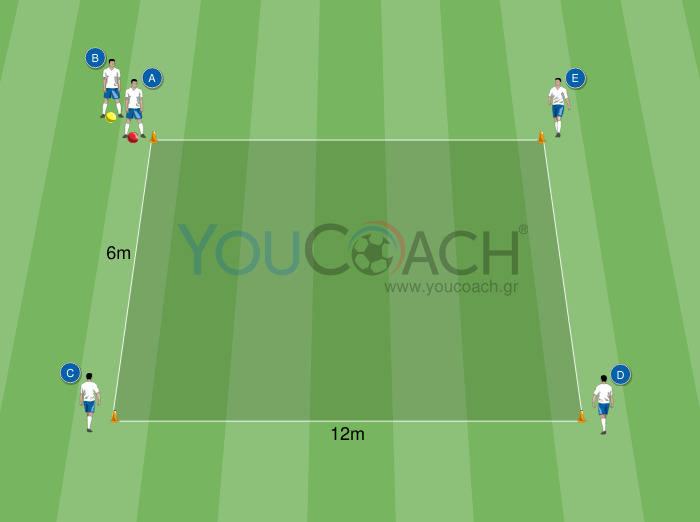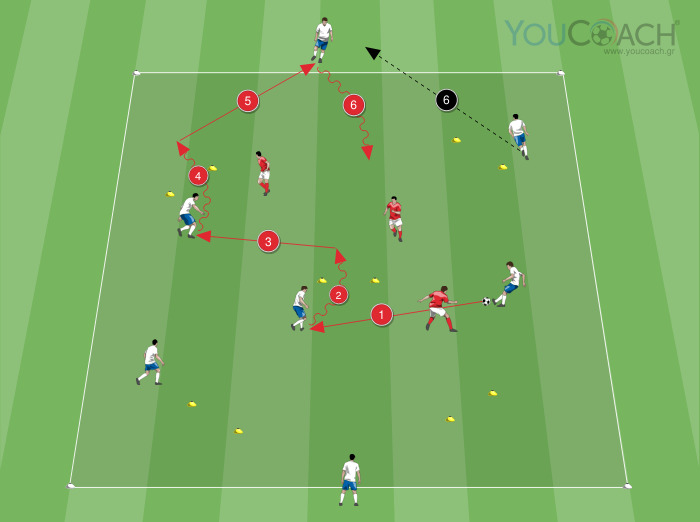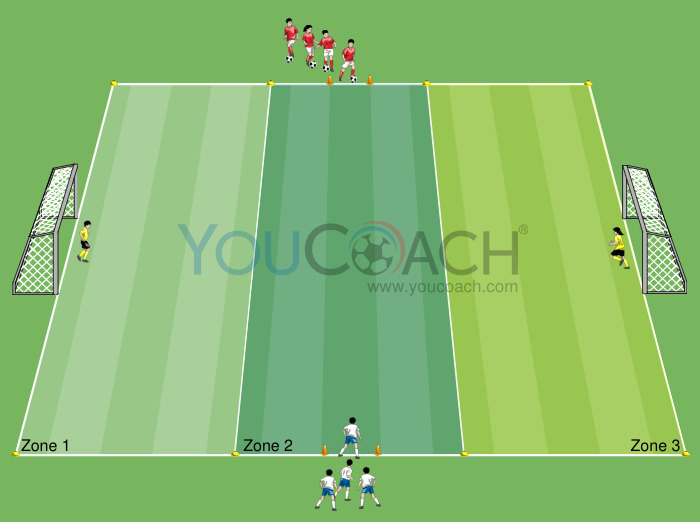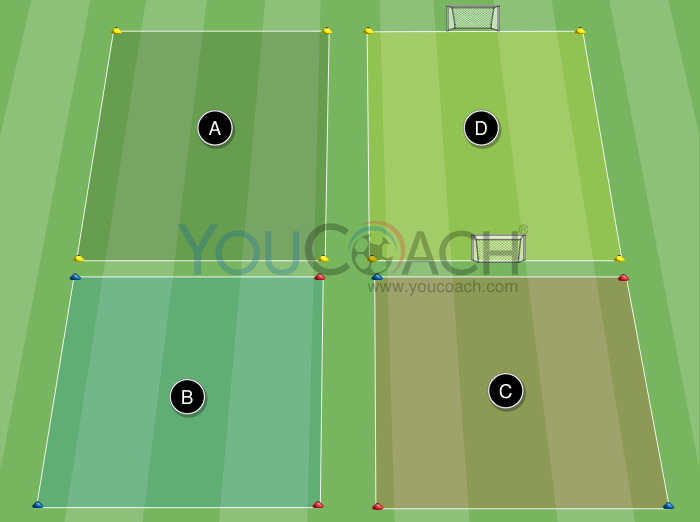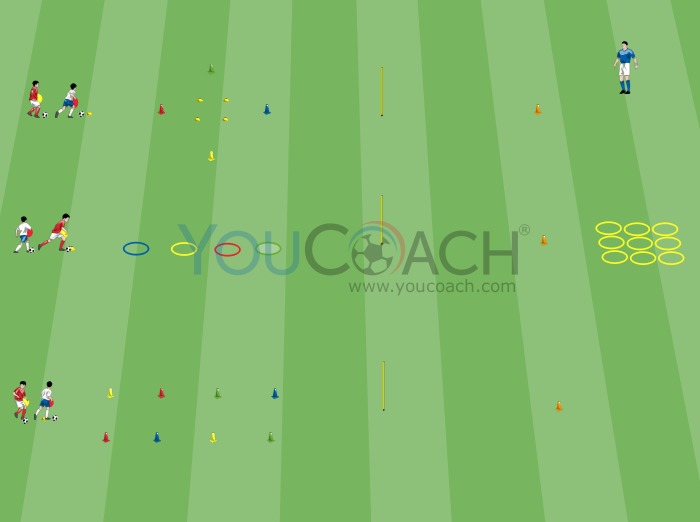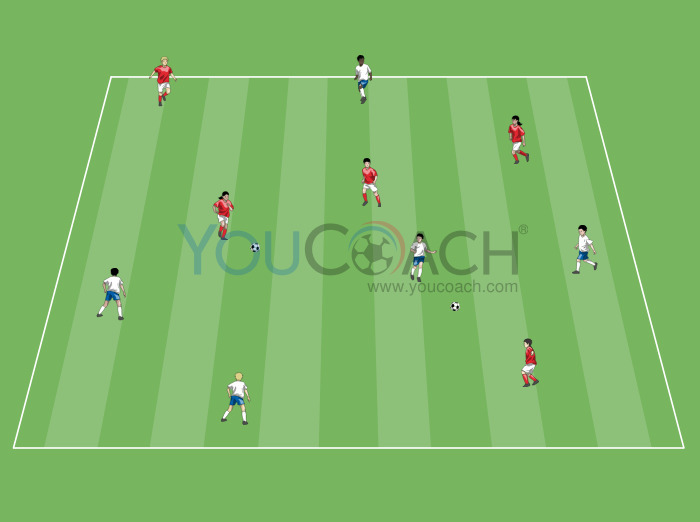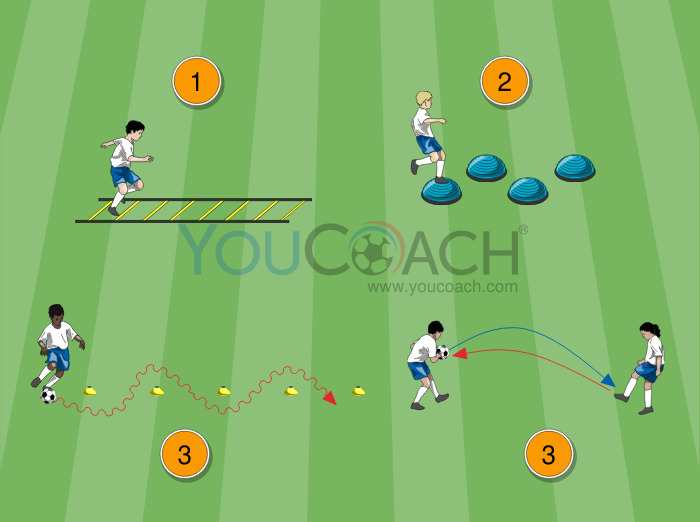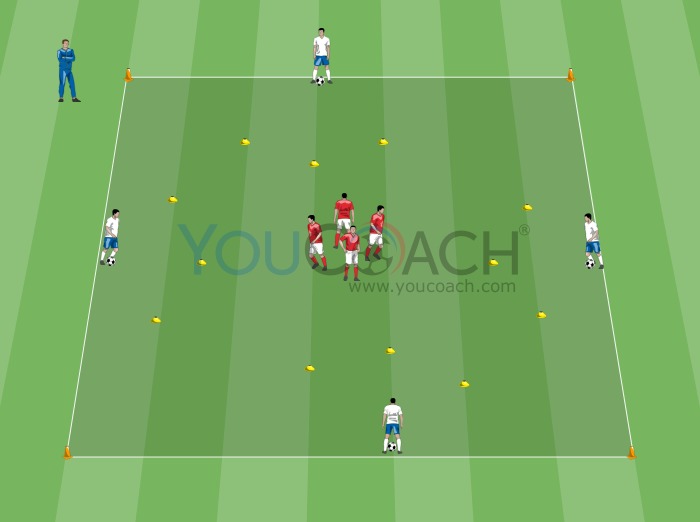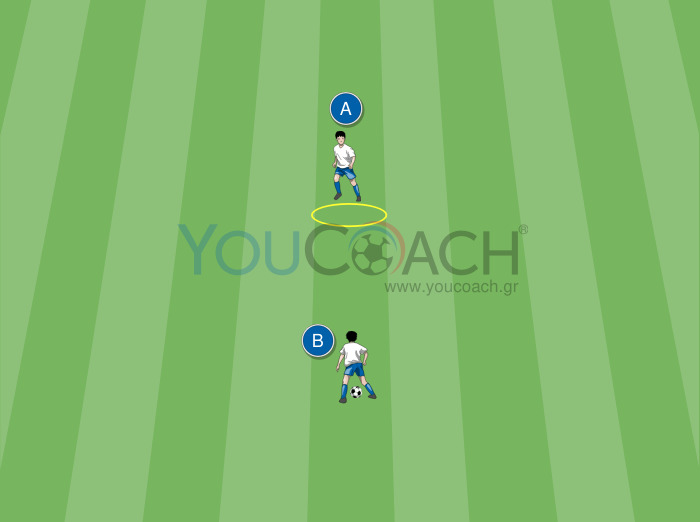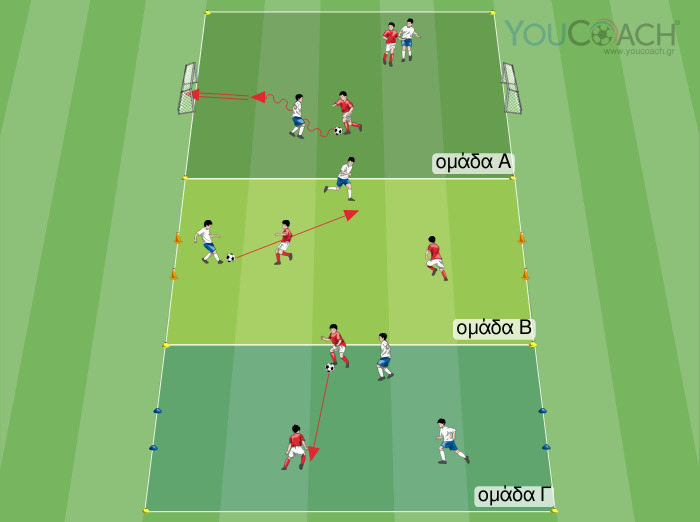Ο ρόλος της σκέψης στις επιδόσεις
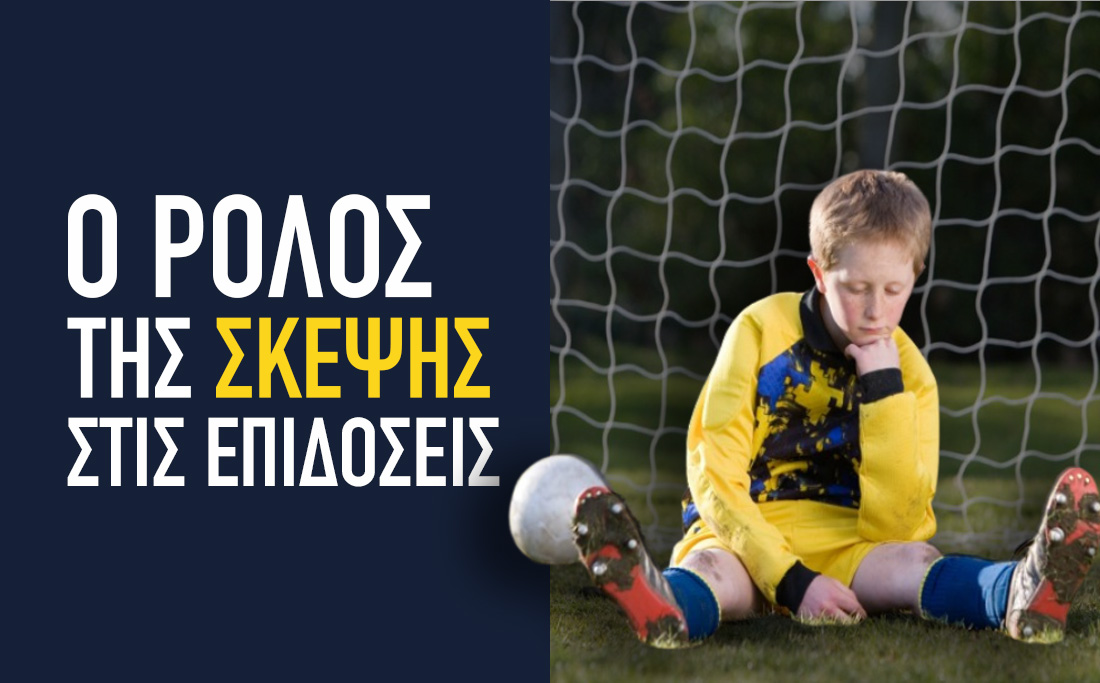
|
Αυτό το άρθρο περιγράφει πώς το άγχος επίδοσης μπορεί να επηρεαστεί από την αυτοαξιολόγηση των δεξιοτήτων του ατόμου και του ίδιου του διαγωνισμού. |
Στο προηγούμενο άρθρο μας δώσαμε έναν ορισμό του άγχους απόδοσης επισημαίνοντας ότι εξαρτάται τόσο από τη βιολογική προδιάθεση όσο και από τις ψυχολογικές πτυχές του αθλητή., ιδίως τον τρόπο σκέψης και ερμηνείας των καταστάσεων του παιχνιδιού. Τα επίπεδα άγχους επηρεάζουν και επηρεάζονται από αυτούς τους παράγοντες.
Στο παρόν άρθρο εξετάζουμε μια πτυχή ενός τρόπου σκέψης που επηρεάζει το άγχος: διαδικασίες αυτοαξιολόγησης.
Μια ανταγωνιστική κατάσταση έχει επίσης μια υποκειμενική συνιστώσα που καθορίζεται από τον ίδιο τον παίκτη και τα ψυχολογικά χαρακτηριστικά του που επηρεάζουν την αντίληψη, την αξιολόγηση και την αποδοχή του ανταγωνισμού..
Στην περίπτωση αυτή, η αξιολόγηση παίζει σημαντικό ρόλο στις αντιδράσεις άγχους. Όταν ένας παίκτης πρόκειται να αντιμετωπίσει έναν αγώνα, το μυαλό του εκτελεί δύο είδη αξιολόγησης, που αφορούν την αντίληψη των ικανοτήτων του και τον αγώνα, αντίστοιχα.
Ας πάρουμε ένα παράδειγμα:
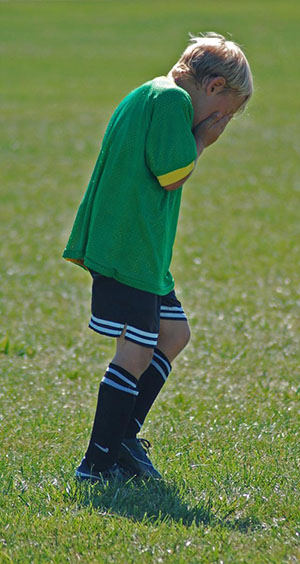
A few days before the match he begins to hope he is not selected or he'll be left on the bench longer. The match begins to worry him and he often imagines that if he plays he will make a mess (“I’ll look terribly bad”). As the match comes up he ruminates on his past unsuccessful experiences fearing to repeat them. These thoughts bring about a state of anxiety that he suffers throughout the pre-game time and the match time itself.
On the basis of his past experience Luca begins to evaluate his football abilities as “low” and the difficulty of the match as “high”, and anxiety arises.
The “amount” of anxiety is affected by the distance existing between the perception of one’s abilities and the feasibility of the match.
- If the player evaluates his abilities as low and the match as hardly feasible, anxiety will increase;
- If the player evaluates his abilities as high and the match as easily feasible, anxiety will lower.
In both cases the performance is likely to be impaired (see Yerkes and Dodson’s curve mentioned in our previous article describing the relationship between anxiety and performance).
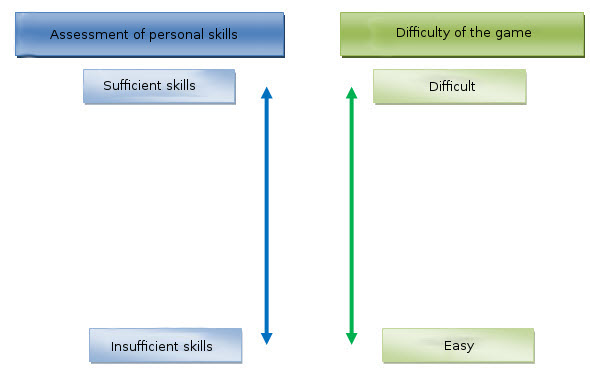
Coming back to our example, it is possible that Luca is undergoing distortion of thinking and reasoning mistakes that drift him away from an objective evaluation of the competitive situation and lead him to an interpretation of his own.
In the two forthcoming articles we’ll discuss these aspects, i.e., distorted thinking at first and then reasoning errors.


